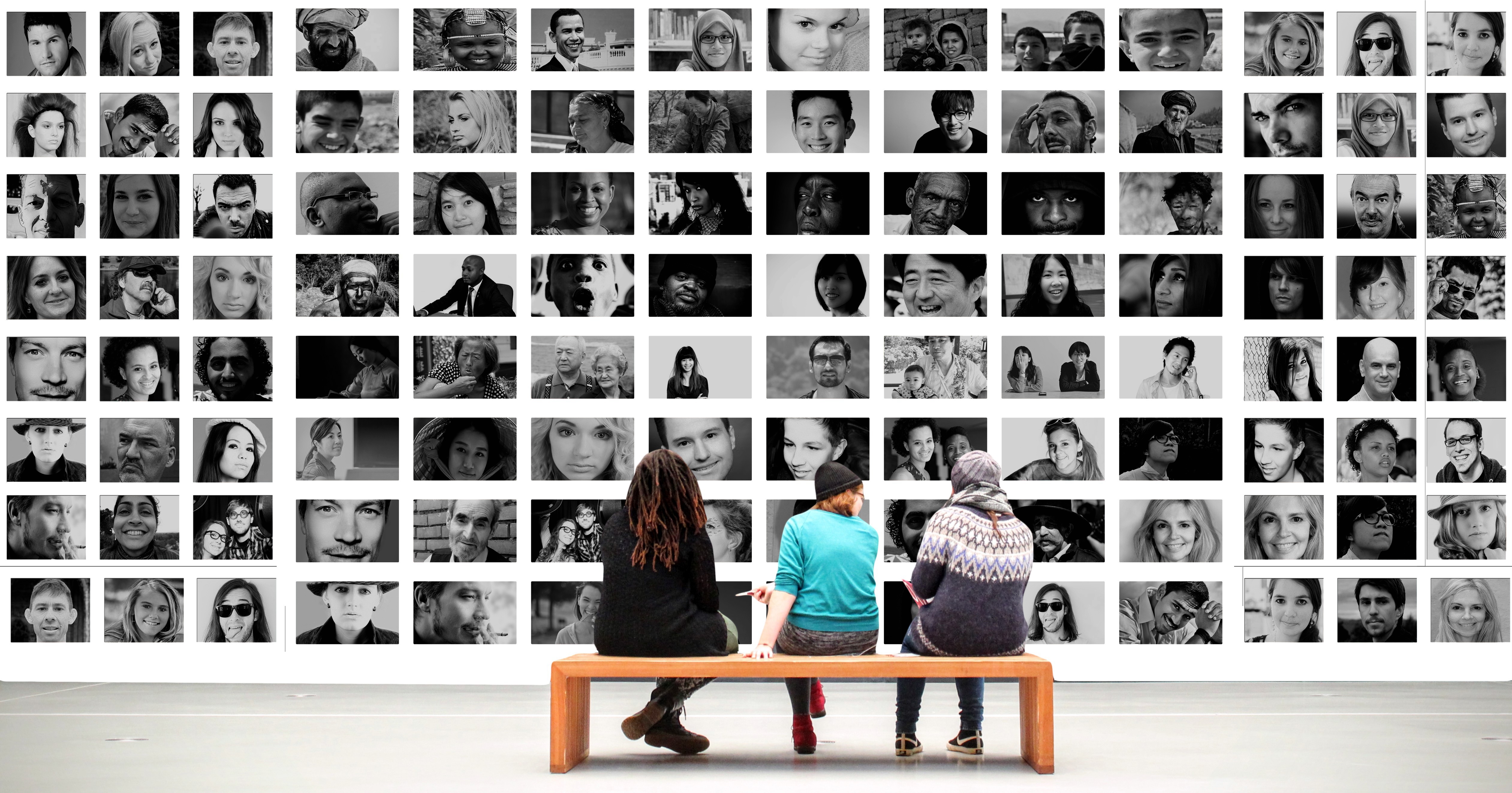Présentation du projet
Dernière mise à jour :
HOPE is one of the "large research programs" selected by Bordeaux University following a two-step international evaluation. The program has been allocated 4 million euros of funding over an 8-year period.
Le GPR « HOPE » : Notre groupe et notre recherche

HOPE is an interdisciplinary program whose objective is to study the determinants of human behaviors and well- being in the context of major contemporary phenomena (terrorism, pandemics, global warming, migration crisis, inequalities,…). HOPE also aims at evidence-based research reflecting on the role of public policies in changing behavior and well-being, as well as on the optimal design of such policies when behavioral responses to public interventions are taken into account. (crédit Pixabay)
Given the nature of its research and the relevance of its empirical tools, the research program HOPE aims to contribute to societal debates and provide fruitful interaction with policy makers, the medias and the civil society at large. The ambition is to bring social and human sciences (SHS) back at the center of the public debate while increasing the influence of Bordeaux’s research in SHS through an original interdisciplinary articulation.
Tools and activities
The HOPE team mobilizes a set of empirical in economics, psychology, oublic health, anthropology, management, law and sociology.
It proposes research based on empirical tools and data (quantitative, qualitative, experimental, administrative) but also, in a prospective and original way, a convergence between disciplines that feeds on different levels of analysis: from inferences based on econometrics and large databases to more targeted randomized experiments allowing the identification of causal behavioral mechanisms and the mediating role of emotions and perception in the face of various threats (terrorism, pandemics, climate, etc.) or policies.
Research & data collection:
- Quantitative, qualitative and experimental research.
- Conduct of quantitative, qualitative and experimental surveys in psychology, behavioral economics and public health.
Scientific exchanges and diffusion:
- A seminar series with research presentations followed by multidisciplinary cross-disciplinary discussions to compare concepts, methods and societal impact.
- Two annual workshops.
- Interaction with international researchers through an incoming and outgoing visiting program.
- Research diffusion though participation to international conferences.
Diffusion and societal impact:
- policy recommendations for local and national public policies,
- communication to the civil society (scientific mediation, local and national media, …)

